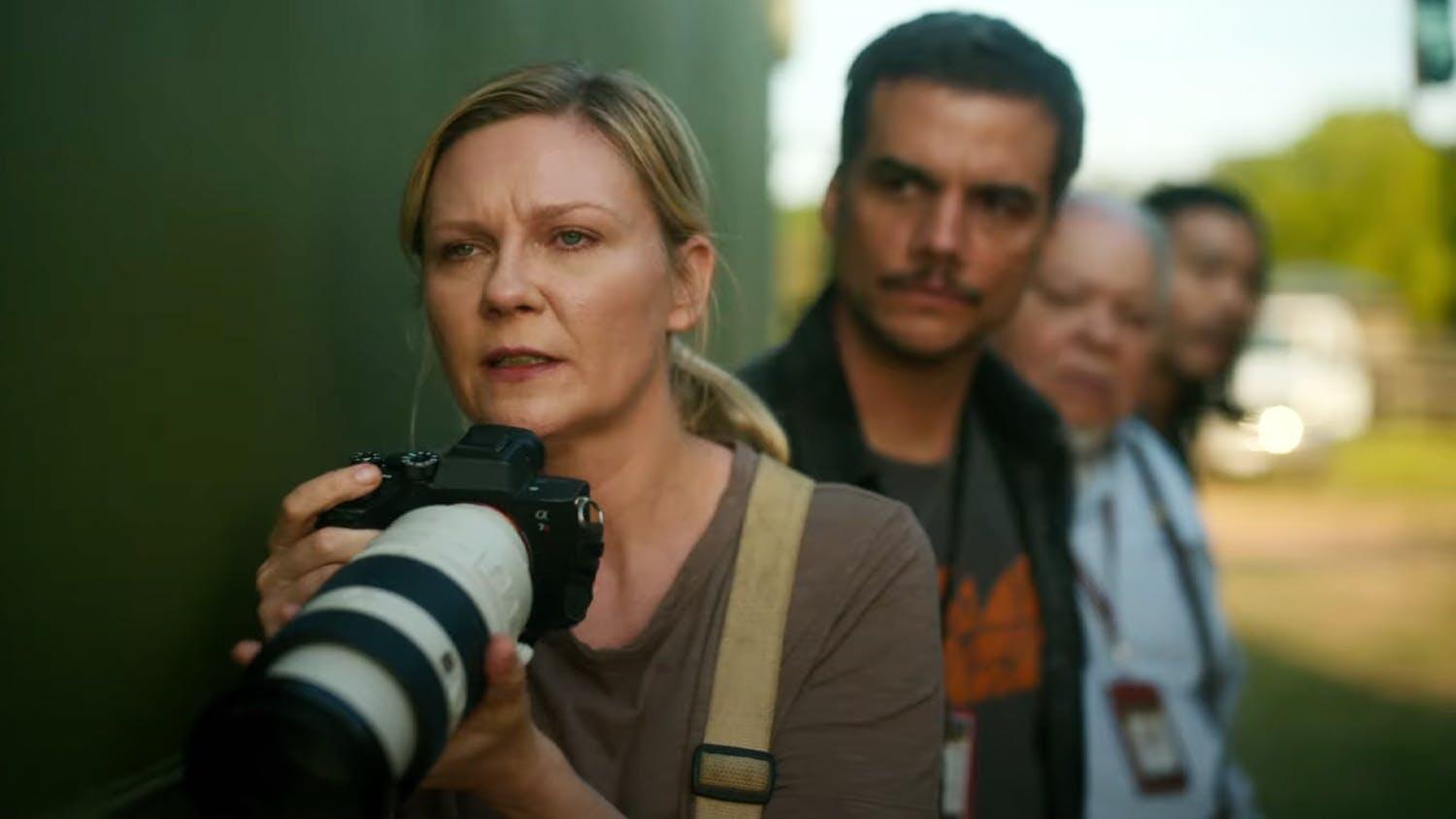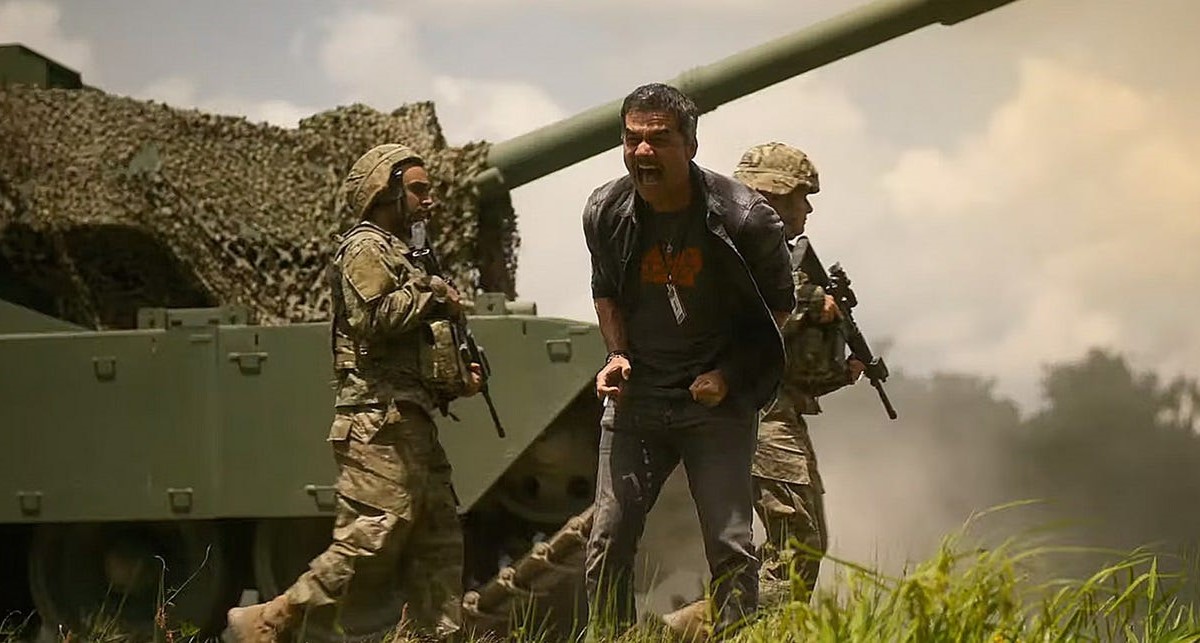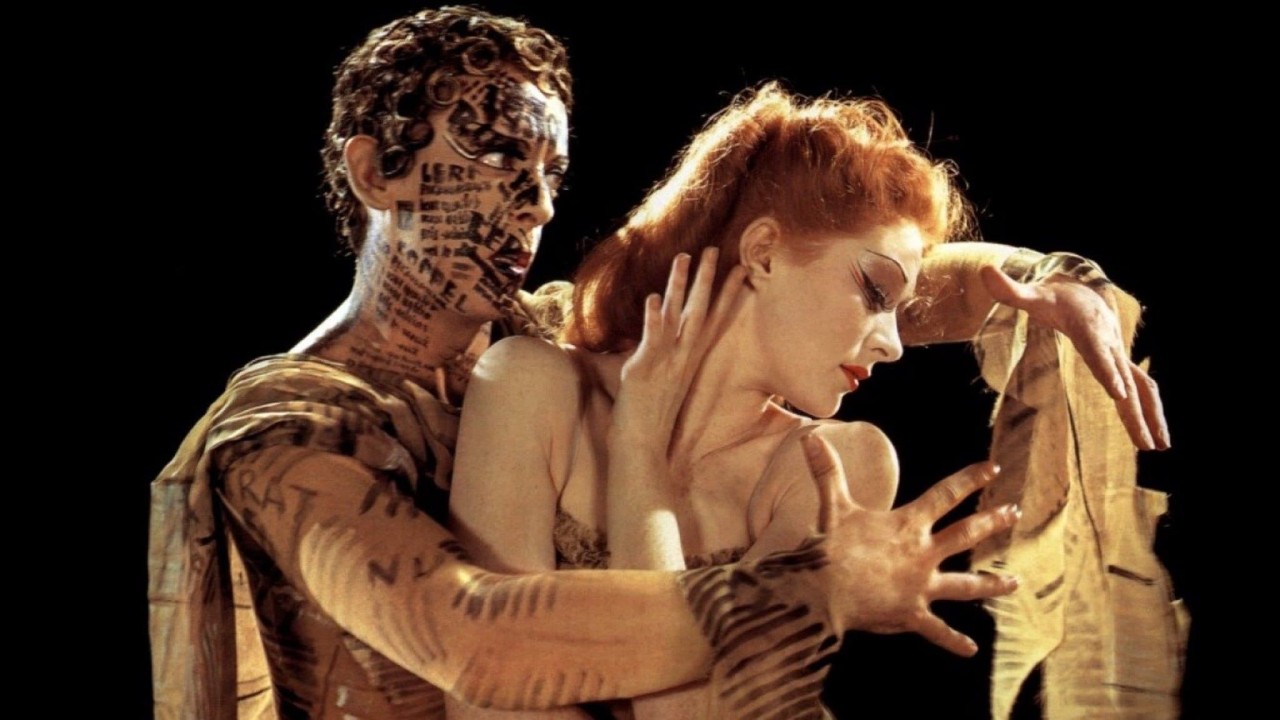DR STRANGELOVE OR: HOW I LEARNED TO STOP WORRYING AND LOVE THE BOMB
by Bosley Crowther
Stanley Kubrick’s new film, called Dr. Strangelove or: How I Learned to Stop Worrying and Love the Bomb, is beyond any question the most shattering sick joke I’ve ever come across. And I say that with full recollection of some of the grim ones I’ve heard from Mort Sahl, some of the cartoons I’ve seen by Charles Addams, and some of the stuff I’ve read in Mad magazine.
For this brazenly jesting speculation of what might happen within the Pentagon and within the most responsible council of the President of the United States if some maniac Air Force general should suddenly order a nuclear attack on the Soviet Union is at the same time one of the cleverest and most incisive satiric thrusts at the awkwardness and folly of the military that has ever been on the screen. It opened yesterday at the Victoria and the Baronet.
My reaction to it is quite divided, because there is so much about it that is grand, so much that is brilliant and amusing, and much that is grave and dangerous.
On the one hand, it cuts right to the soft pulp of the kind of military mind that is lost from all sense of reality in a maze of technical talk, and it shows up this type of mentality for the foolish and frightening thing it is.
In a top-level Air Force general, played by George C. Scott with a snarling and rasping volubility that makes your blood run cold, Mr. Kubrick presents us with a joker whose thinking is so involved with programs and cautions and suspicions that he is practically tied in knots.
It is he who is most completely baffled, bewildered, and paralyzed when word comes through to Washington that a general in the Strategic Air Command has sent a wing of bombers off to drop bombs and that the planes cannot be recalled. It is he who has to answer to the President for this awesome “accident” when the President gathers his council in the War Room at the Pentagon. And it is he who looks the most unstable and dubious in the cause of peace when it begins to appear that the Russians have a retaliatory “doomsday device.”
Some of the conversations in that War Room are hilarious, shooting bright shafts of satire through mounds of ineptitude. There is, best of all, a conversation between the President and an unseen Soviet Premier at the other end of a telephone line that is a titanic garble of nuttiness and platitudes.
Funny, too, in a mad way, is the behavior of the crew in one of the planes of the airborne alert force ordered to drop the bomb. The commander is a Texan who puts on a cowboy hat when he knows the mission is committed. Slim Pickens plays this role. He and Keenan Wynn as a foggy colonel are the funniest individuals in the film.
As I say, there are parts of this satire that are almost beyond compare.
On the other hand, I am troubled by the feeling, which runs all through the film, of discredit and even contempt for our whole defense establishment, up to and even including the hypothetical Commander in Chief.
It is all right to show the general who starts this wild foray as a Communist-hating madman, convinced that a “Red conspiracy” is fluoridating our water in order to pollute our precious body fluids. That is pointed satire, and Sterling Hayden plays the role with just a right blend of wackiness and meanness to give the character significance.
But when virtually everybody turns up stupid or insane—or, what is worse, psychopathic—I want to know what this picture proves. The President, played by Peter Sellers with a shiny bald head, is a dolt, whining and unavailing with the nation in a life-or-death spot. But worse yet, his technical expert, Dr. Strangelove, whom Mr. Sellers also plays, is a devious and noxious ex-German whose mechanical arm insists on making the Nazi salute.
And, oddly enough, the only character who seems to have much common sense is a British flying officer, whom Mr. Sellers—yes, he again—plays.
The ultimate touch of ghoulish humor is when we see the bomb actually going off, dropped on some point in Russia, and a jazzy sound track comes in with a cheerful melodic rendition of “We’ll Meet Again Some Sunny Day.” Somehow, to me, it isn’t funny. It is malefic and sick.
The New York Times, January 31, 1964




